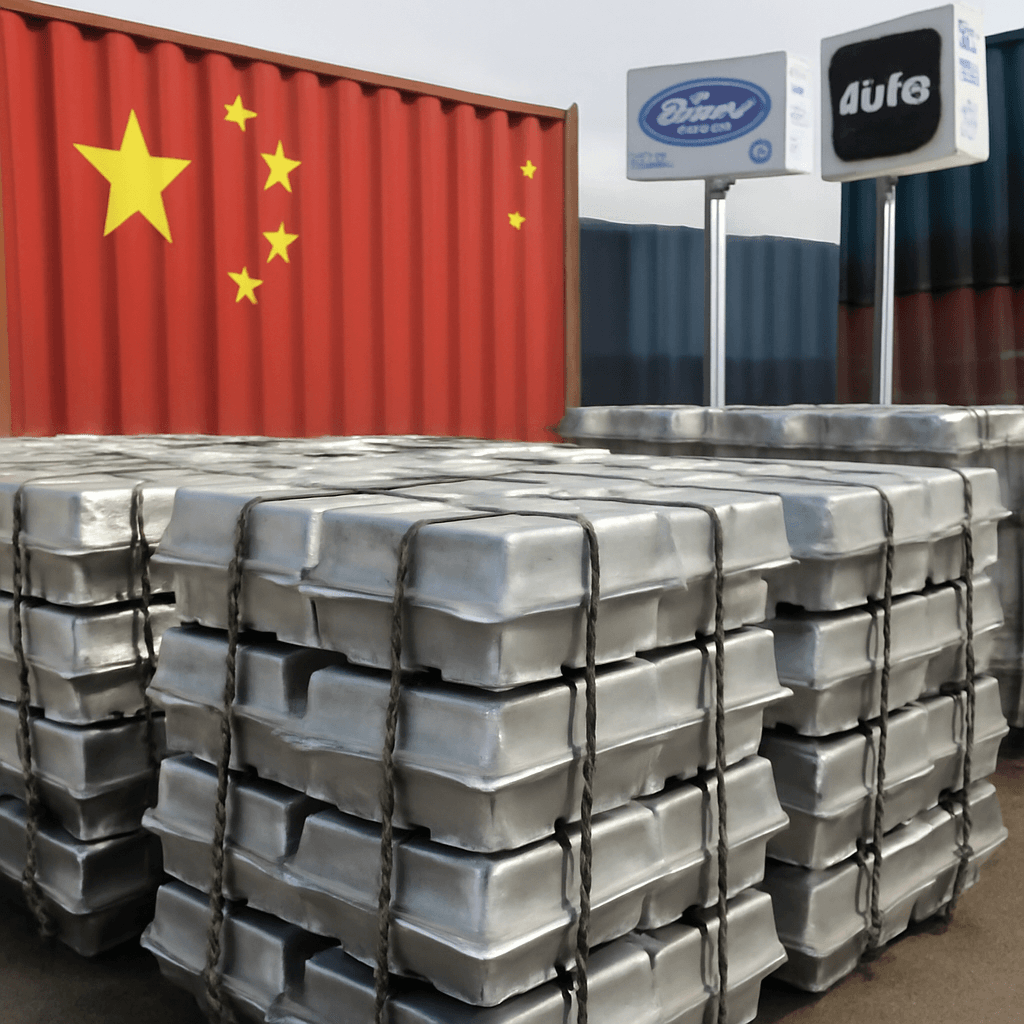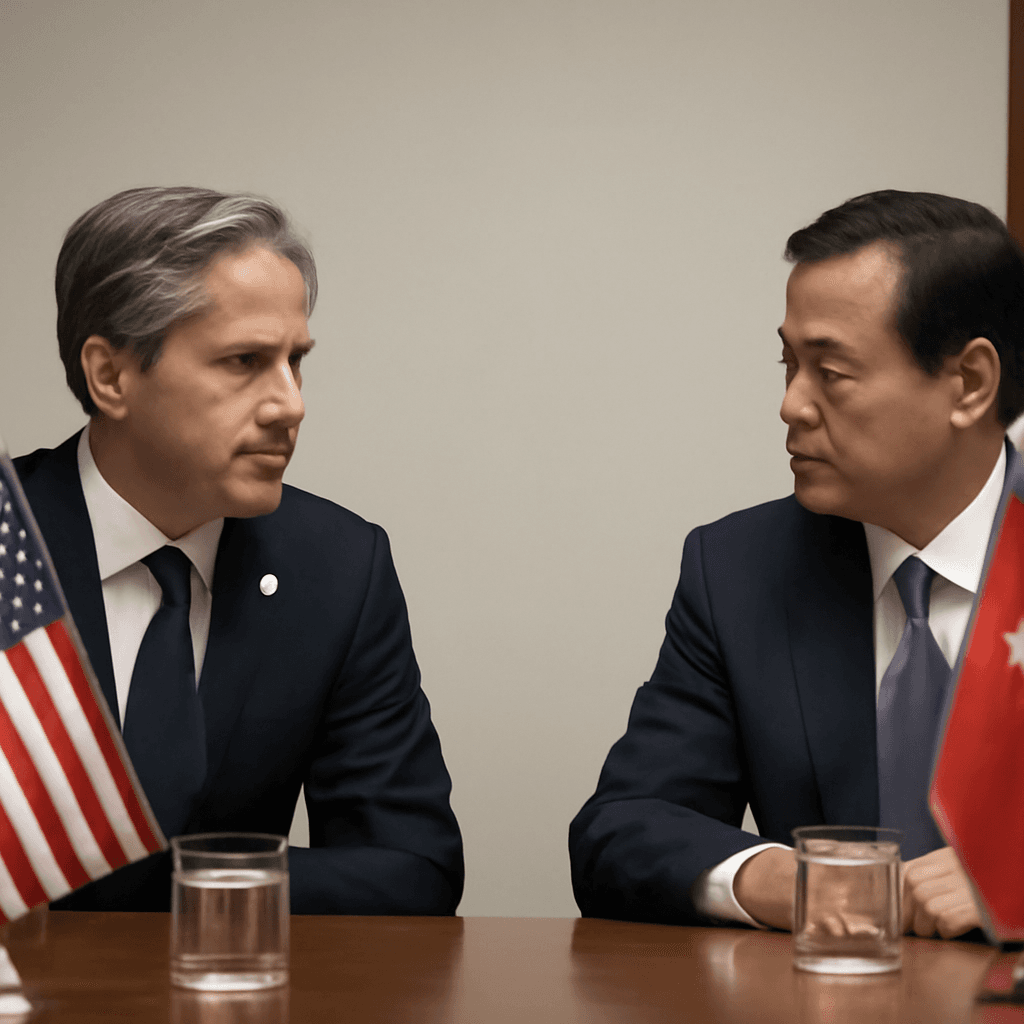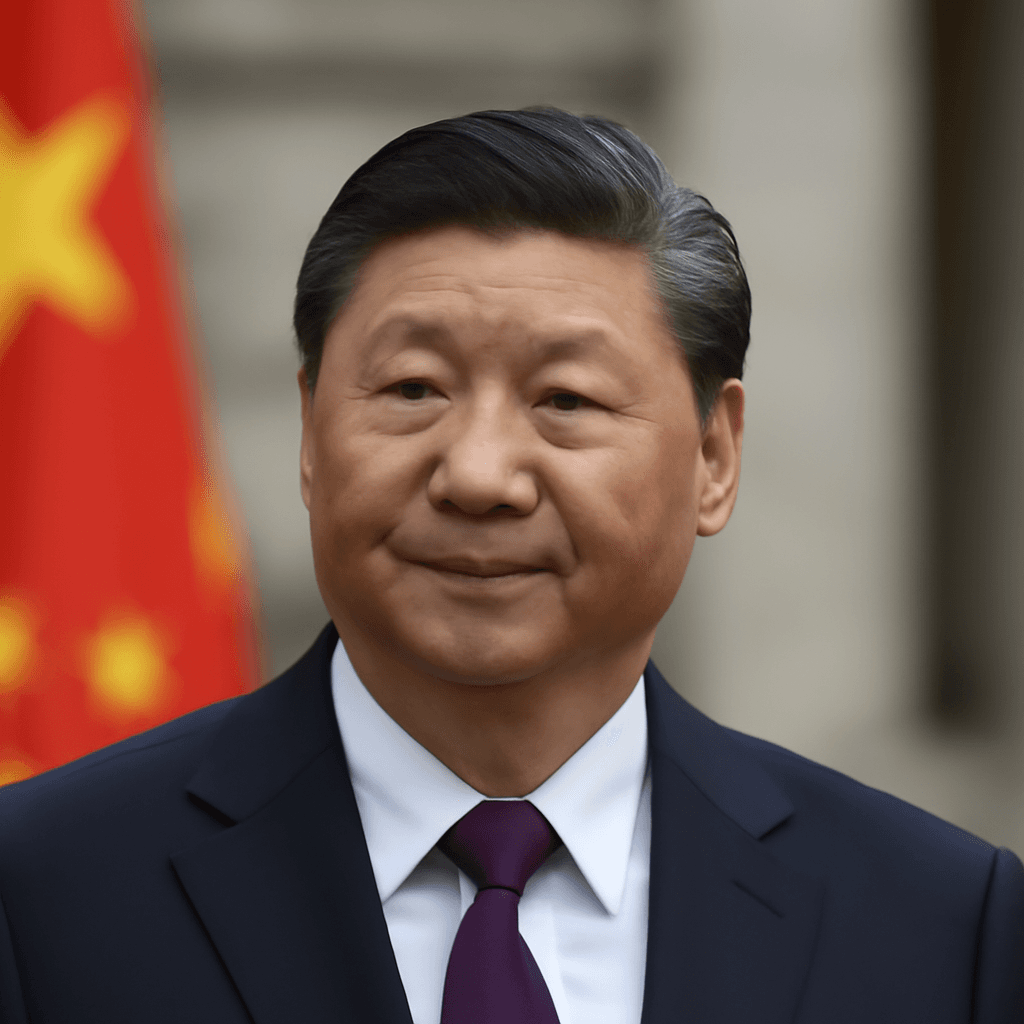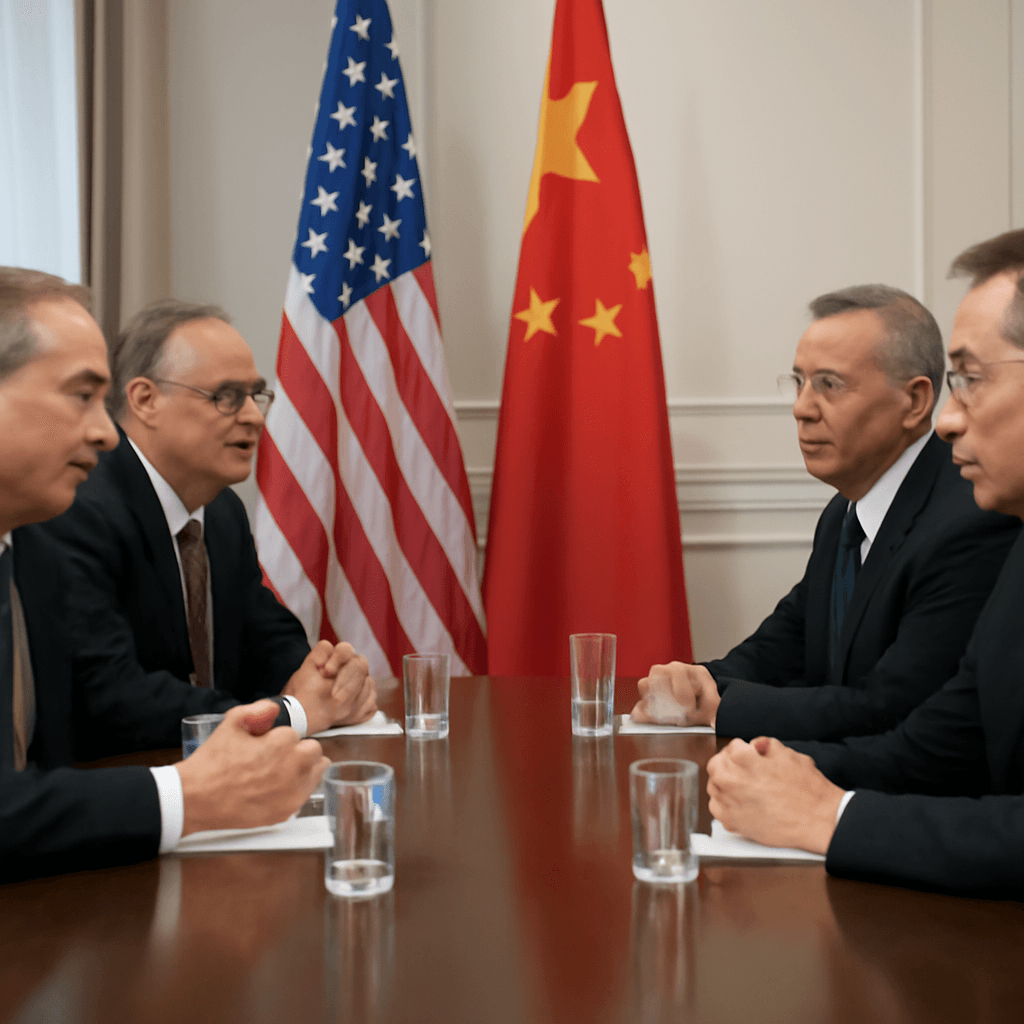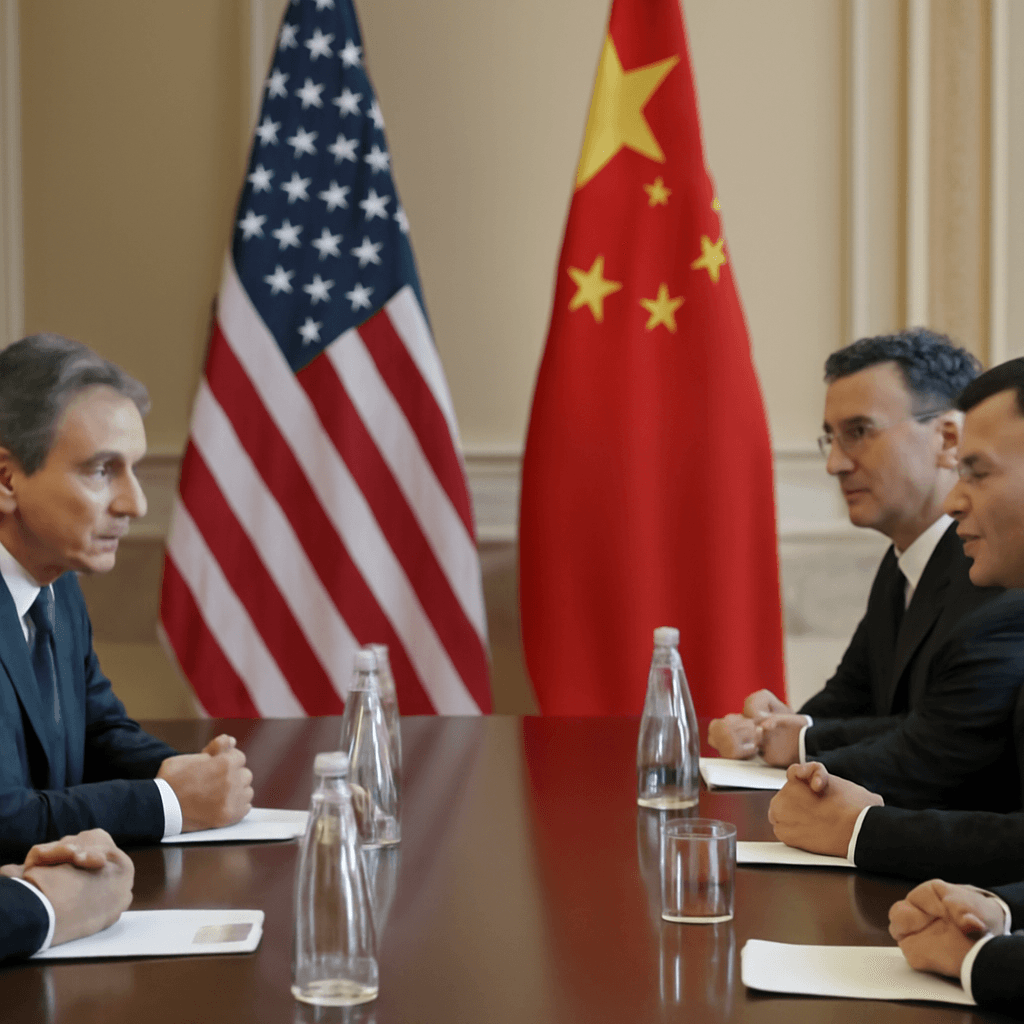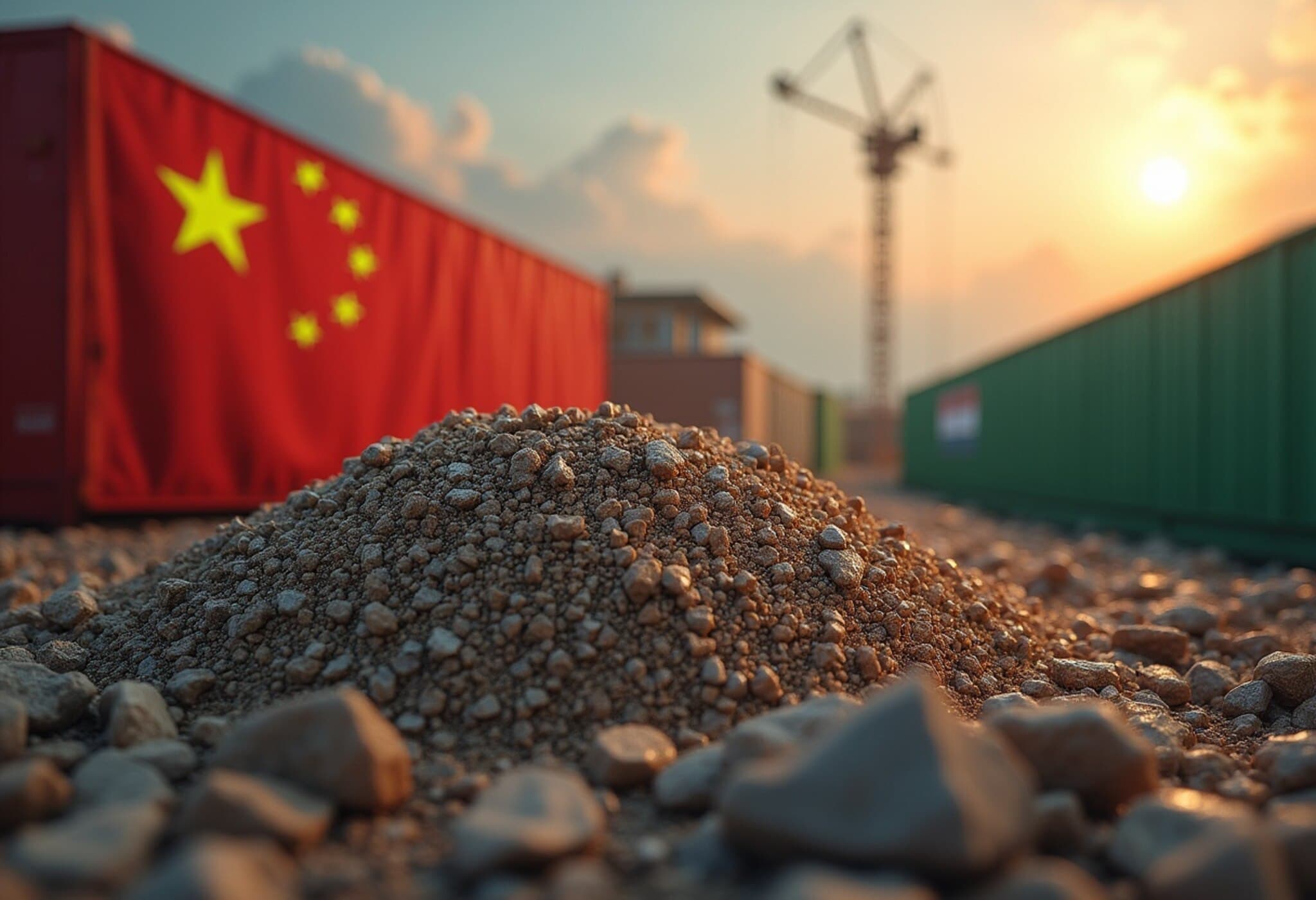China's Restriction on Rare Earths Affecting Indian Automobile Sector
Despite easing export controls on rare earth minerals for many countries, China appears to be selectively restricting supplies to the Indian automobile industry. This move raises concerns given that rare earths are vital components in manufacturing both conventional and electric vehicles.
Significance of Rare Earths in Automotive Manufacturing
Rare earth elements and their magnets are essential in automotive production, especially in electric vehicle motors, batteries, and key electronic components. China dominates approximately 90% of the global rare earth supply, controlling crucial minerals such as dysprosium, gadolinium, lutetium, samarium, scandium, terbium, and yttrium.
Export Licensing Challenges for Indian Companies
Indian automobile companies report that although China has resumed export approvals for some foreign companies, applications from Indian subsidiaries remain either unapproved or pending indefinitely. Industry insiders indicate:
- Over 30 Indian firms have applied for rare earth supplies, yet none have received approval, with two applications outright rejected.
- Foreign units of companies like Bosch, Continental Automotive, and Mahle Group have obtained export licenses, while their Indian arms face delays.
Industry Response and Government Engagement
On May 29, senior representatives from Indian auto manufacturers met with the Ministry of Heavy Industries to discuss the supply bottleneck. They emphasized that continued restrictions may cause production declines in both traditional and electric vehicle segments imminently.
Executives described China's licensing process as opaque and arbitrary, lacking clear written guidelines. This inconsistency has created an uneven playing field where foreign counterparts secure licenses, yet Indian subsidiaries face unexplained denials.
Efforts to Resolve the Supply Dispute
An Indian industrial delegation is currently seeking dialogue with Chinese authorities to address these export limitations. However, progress is hindered as China has delayed scheduling meetings and has not granted visas to all representatives.
Broader Implications
China's selective export restrictions signal potential trade tensions impacting critical supply chains for India's growing automobile sector. Rare earth minerals are not only crucial for automotive manufacturing but also for semiconductor production, medical equipment, robotics, and defense technologies, underscoring the strategic nature of these materials.
Summary of Key Points
- China controls 90% of rare earth supply globally.
- Indian auto industry faces export license rejections or delays from China.
- Foreign subsidiaries obtain approvals while Indian units remain blocked.
- Industry warns of production decline without prompt export resumption.
- Government and industry delegation pursuing diplomatic resolution.


